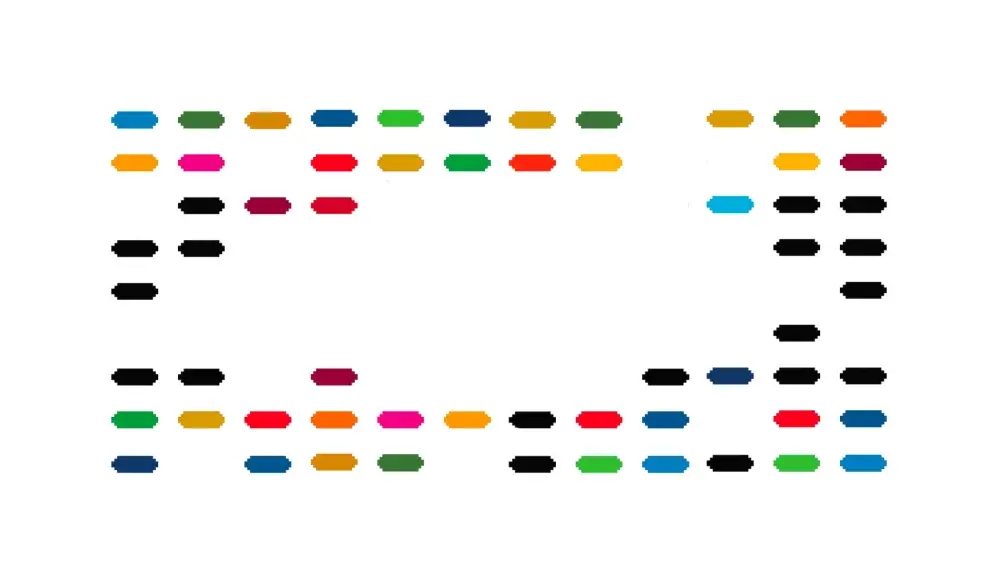
About DEM’ARTS
The DEM'ARTS project, under the responsibility of Sandra Laugier PR (ISJPS), is led by a scientific team with the following members: Miguel Almiron PR, Barbara Formis MCF HDR, Aurélie Herbet MCF and Yann Toma PR (ACTE), Philippe Codognet (JFLI - CNRS), Camille Salinesi PR (CRI) and Azadeh Nilchiani Post-doc for the project.
DEM'ARTS is the result of an ongoing collaboration between two partner research units, ACTE (The Institute of Arts, Creations, Theories, Aesthetics) and ISJPS (The Institute of Legal and Philosophical Sciences of the Sorbonne) at Paris 1 Panthéon Sorbonne, and one external partner, New York University. DEM'ARTS focuses on the relationship between the arts and democracy, through the prism of pragmatism and new technologies. Art audiences have been transformed since the end of the last century, and this democratization of art is taking a new turn in the digital age.
The role of digital technology in cultural and heritage institutions is not new, and dates back at least to the 1970s, when the first databases were set up as part of the gradual computerization of society, supported and encouraged by the State. With the advent of “web 2.0” and especially since the mid-2010s, digital technology has entered squarely, after an initial phase of experimentation, into artistic creation and the communication projects of cultural institutions. (Couillard 2019)
How does the constitution and circulation of a new set of values extend the demand, formulated by Ralph Waldo Emerson and then John Dewey, for an art rooted in collective experience and everyday life? How can digital art bear witness to a community of experience? This influence of a culture accessible to the greatest number has multiplied in recent decades thanks to digital technology (social networks and platforms, cf. Laugier 2019, 2023). It plays a major role in values education and intergenerational communication, and provides a concrete aesthetic and moral backdrop to democratic aspirations.
Digital art makes it possible to pursue the central political challenge of a pragmatist aesthetic, which is to ensure that strong aesthetic experiences are open and affordable to the widest possible audience. By going beyond dichotomies (theory/practice, knowledge/technology, action/idea, fact/value, body/mind), the aim is to develop a concrete way of looking at the arts/philosophy/digital relationship.
Artists have taken up questions relating to democracy by using and reflecting on digital devices. These practices are part of a renewal of critical and pragmatist postures inherited from the avant-gardes and the 1960s. How can we think/create with the world on the basis of shared aesthetic experiences that can be lived by an audience invited to participate in a form of self-transformation?
The project aims to set up a creative platform to study the development and democratization of the arts through digital technology, its effects and risks, in particular with its two new partners in computer science, the CRI of Paris 1 and the JFLI (IRL CNRS research center in Japan). One of the original features of the research already undertaken by members of the DEM'ARTS team is to combine pragmatism and meliorism (Shusterman 1999) in aesthetic research and practice, and to combine concern for the self, collective practice and the democratic project of an ordinary aesthetic. This pragmatist project of transactional aesthetics is rooted in a renewed knowledge of pragmatism.
DEM'ARTS will draw on a long lineage of artistic practices in the field of electronic, computer and digital arts, with a variety of aims, but all converging in thinking about and using the new modalities brought about by information and communication technologies. Whether it's a question of exchanging information, collecting data, hijacking devices or joining forces via the network, these practices are infiltrating and reconfiguring decision-making methods, but also warning of the potential dangers if we fail to grasp the way they function and structure our contemporary societies. DEM'ARTS won the Sorb'Rising institutional call for projects in spring 2023.